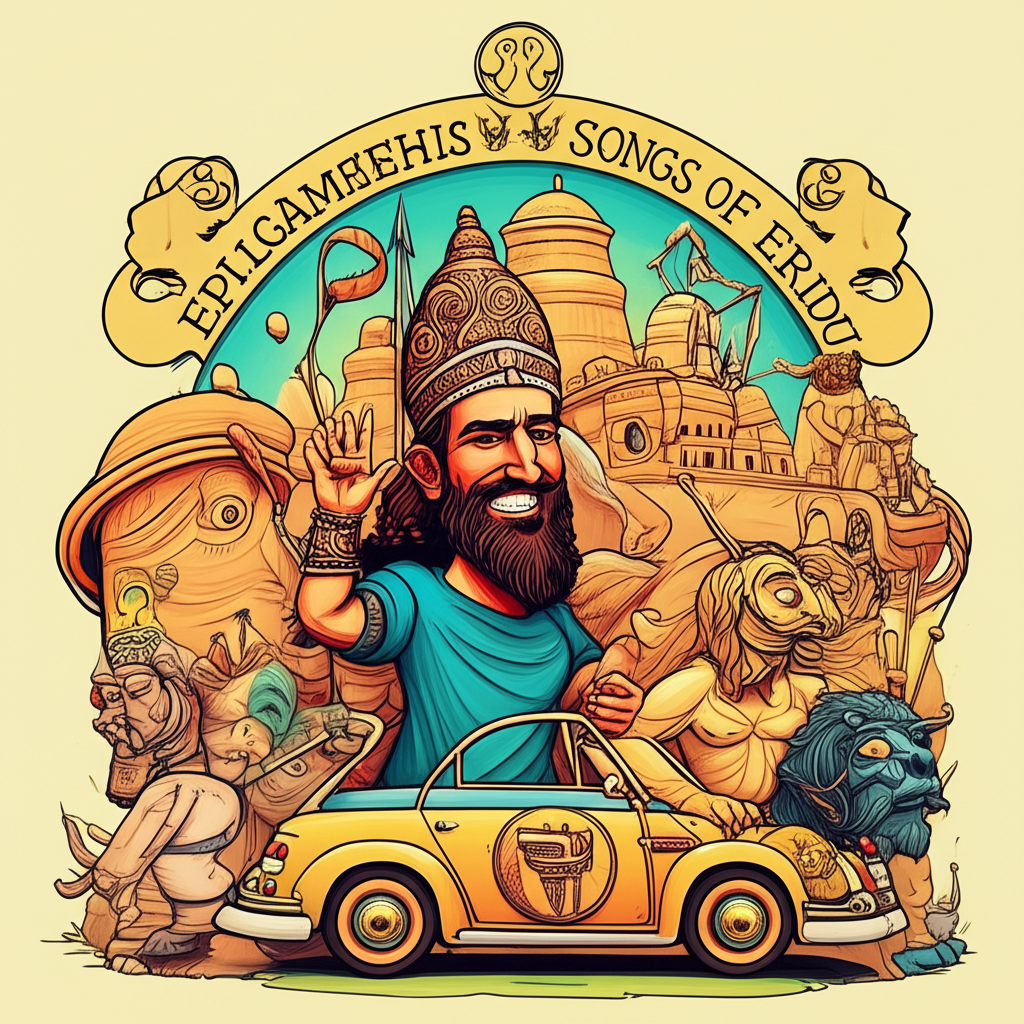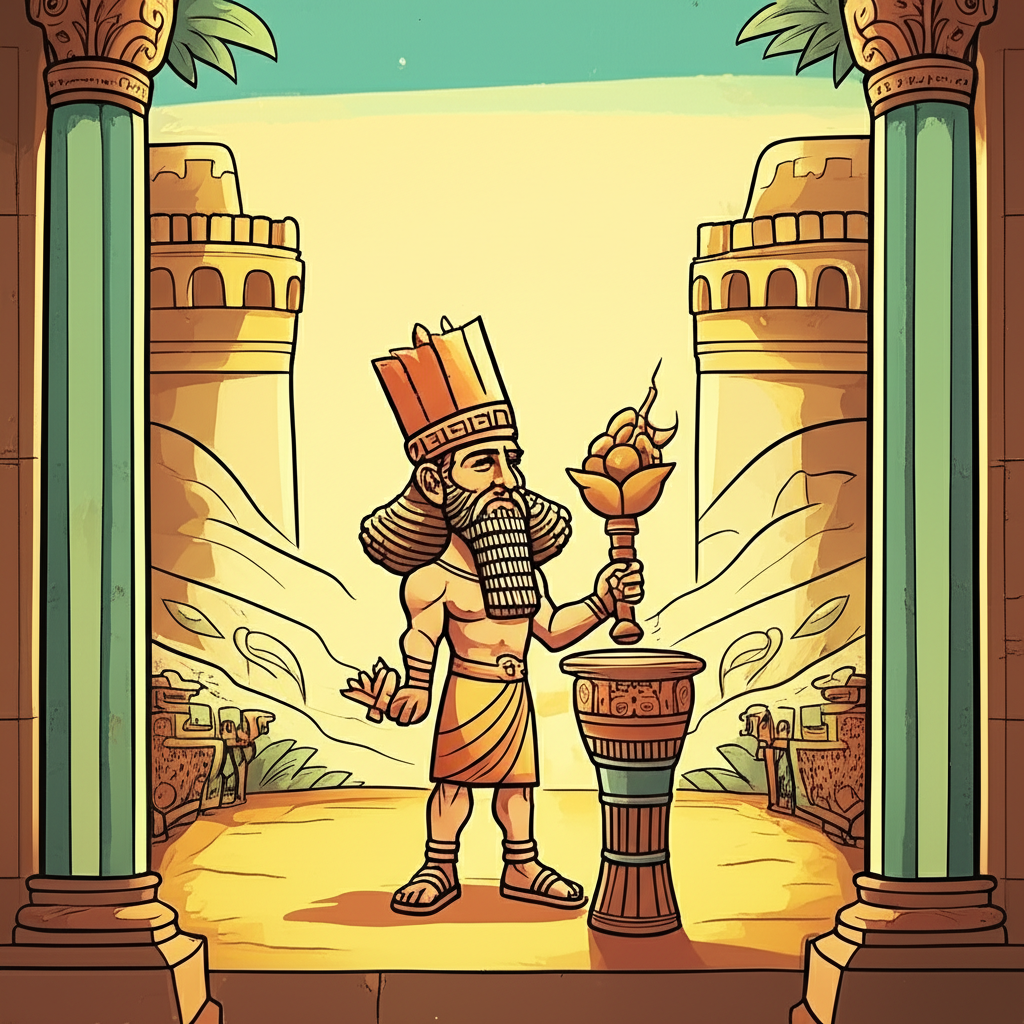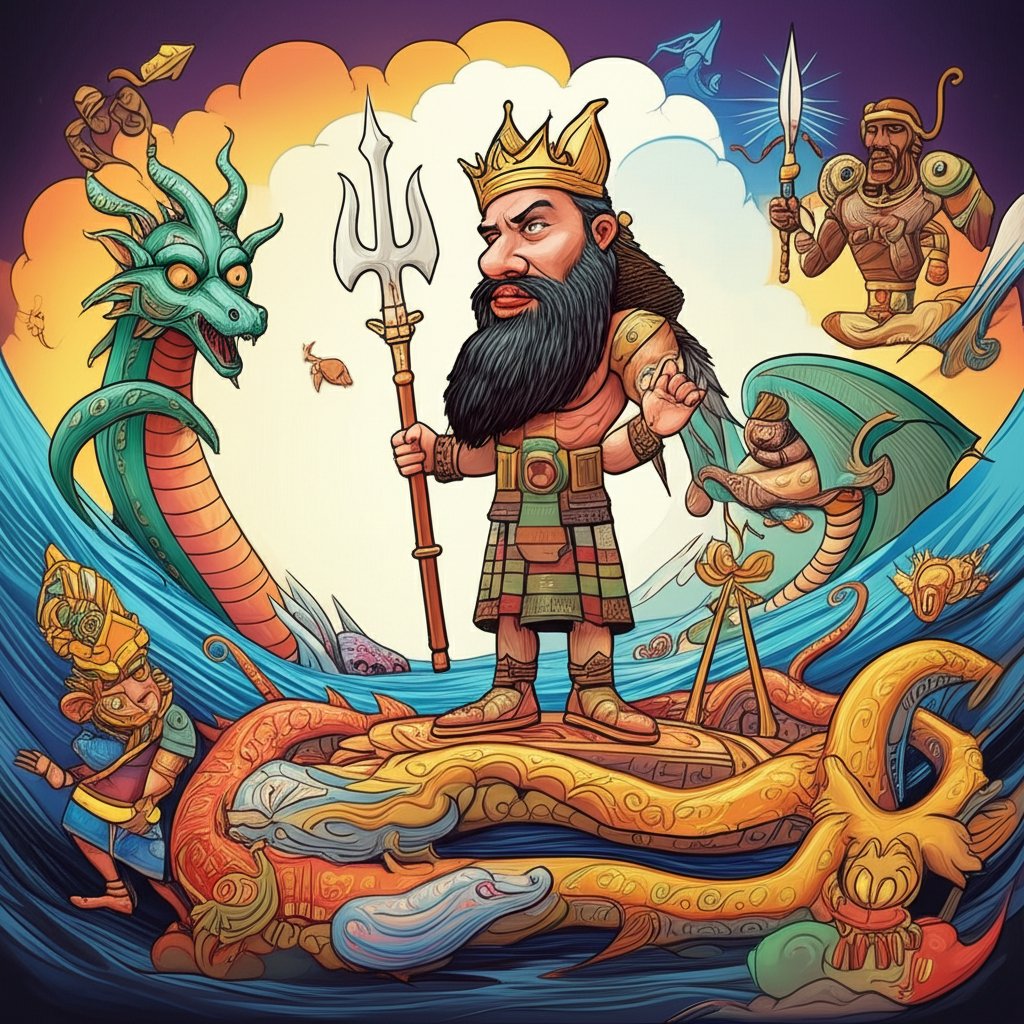
The wind, a relentless sculptor, has long shaped the sands and whispers of Mesopotamia, the fertile crescent cradled between the Tigris and Euphrates rivers. It is from this ancient land, a cradle of civilization where the very concept of cities first bloomed, that we unearth the profound and enduring tale of Gilgamesh. This is not a chronicle of divine pronouncements or historical fact, but rather a tapestry woven from the imagination and beliefs of ancient peoples, a testament to their understanding of the world, their fears, and their aspirations. The "Epic of Gilgamesh," often referred to as the "Songs of Eridu" for its deep roots in that legendary Sumerian city, is a narrative passed down through generations, a reflection of a worldview vastly different from our own.
To understand these ancient songs, we must journey back to a time when the cosmos was a vibrant, often unpredictable force, and the gods were intimately involved in the lives of mortals. The Sumerians, the earliest known civilization in this region, lived in a world dominated by powerful, elemental deities who governed the sun, the sky, the earth, and the waters. They saw their existence as fragile, constantly subject to the whims of these celestial beings. Cities were not just administrative centers; they were the focal points of human endeavor, protected by their patron deities and often seen as extensions of the divine order. Life was a delicate balance, and understanding one’s place within this grand, often terrifying, cosmic drama was paramount. The myths born from this era served to explain the inexplicable, to provide a framework for existence, and to offer solace and guidance in a world that could feel both miraculous and merciless.
At the heart of this epic stands Gilgamesh, king of Uruk, a city of towering walls and bustling marketplaces. He is depicted as a figure of immense stature and power, two-thirds divine and one-third human. This dual nature is central to his character. He possesses the strength and courage of a god, capable of feats beyond mortal comprehension. His physique is described as magnificent, a testament to his semi-divine heritage. However, his humanity is equally significant. It is this human element that ultimately drives his quest for meaning and his confrontation with mortality. He is not merely a ruler; he is a symbol of raw, untamed power, a force of nature in human form, whose very presence could inspire awe and trepidation. His divine lineage grants him extraordinary abilities, but his mortal blood connects him to the universal human experience of loss and the inevitability of death.
The narrative of Gilgamesh unfolds like a grand procession of human experience, played out against the backdrop of an ancient, awe-inspiring world. Initially, Gilgamesh is a proud and arrogant ruler, his strength often used to oppress his people. His unchecked power becomes a burden, and the gods, hearing the laments of Uruk’s citizens, decide to create a counterbalance. They fashion Enkidu, a wild man, born of the steppe, with hair like a woman’s and a body covered in fur, living amongst the animals, embodying primal nature. Enkidu is a creature of the wilderness, pure and untamed, a mirror to Gilgamesh’s raw power but unrefined by civilization. He is strong, swift, and possesses an intuitive understanding of the natural world. He represents the untamed forces that lie beyond the city walls, a potent symbol of the wild that must eventually be integrated with or understood by the civilized world.
The divine intervention brings Enkidu to Uruk, where he and Gilgamesh engage in a legendary battle, a titanic clash of titans that shakes the very foundations of the city. This fight is not merely a physical contest; it is a confrontation between two primal forces, a wild man representing nature and a king representing civilization. Yet, from this violent encounter, an unlikely bond is forged. They recognize in each other a kindred spirit, a shared intensity and strength. Their friendship becomes the cornerstone of Gilgamesh’s transformation. Together, they embark on grand adventures, their exploits echoing through the land. They journey to the Cedar Forest to slay Humbaba, a monstrous guardian, a creature of terrifying visage and immense power, whose roars could shake the mountains. Humbaba, with his seven terrifying coats of armor and the roar of a lion, is often interpreted as a personification of the untamed wilderness and its inherent dangers. His defeat symbolizes the taming of the wild, the triumph of human will and ingenuity over primal chaos.
Their adventures continue, leading them to confront the Bull of Heaven, sent by the goddess Ishtar to punish Gilgamesh for rejecting her advances. The Bull of Heaven, a creature of immense power and ferocity, represents divine wrath and the formidable consequences of defying the gods. Its defeat further solidifies their reputation as heroes. However, their triumphs are not without consequence. The gods decree that one of them must die for their hubris. Enkidu falls ill and succumbs to the embrace of death, leaving Gilgamesh shattered.
Enkidu’s death marks a profound turning point. The epic shifts from tales of heroic deeds to a deeply personal and universal exploration of mortality. Gilgamesh, confronted with the stark reality of loss, becomes consumed by the fear of his own eventual demise. He is no longer solely driven by glory but by a desperate quest for immortality. He embarks on a perilous journey to the ends of the earth, seeking Utnapishtim, the only mortal granted eternal life by the gods, to learn the secret of everlasting existence. His journey is fraught with hardship, testing his resolve and pushing him to the brink of despair. He traverses treacherous mountains, encounters mythical beings, and faces his own deep-seated fears.
Utnapishtim, residing in a paradise beyond the waters of death, recounts his own tale of survival from a great flood, a narrative that bears striking resemblances to other ancient flood myths. He tells Gilgamesh that immortality is not for mortals to possess. He challenges Gilgamesh to stay awake for seven days and seven nights, a seemingly simple task that proves impossible for the weary king, symbolizing the inherent limitations of human existence. Ultimately, Gilgamesh is granted a chance to regain his youth through a magical plant, but even this is stolen by a serpent, a creature often associated with transformation and the cyclical nature of life and death.
The "Epic of Gilgamesh" is a rich tapestry of symbolism. Gilgamesh himself embodies the human condition – the struggle for power, the pursuit of glory, the deep yearning for connection, and the inevitable confrontation with mortality. Enkidu represents the untamed natural world, the primal instincts that lie within all beings. Humbaba and the Bull of Heaven symbolize the formidable challenges and dangers that humans face, both from the external world and from the divine. The journey itself is a metaphor for the search for meaning and wisdom, the arduous path of self-discovery. The flood story speaks to the cyclical nature of destruction and renewal, a common theme in ancient cosmologies. The epic, in its entirety, grapples with fundamental questions about life, death, friendship, civilization, and the human place in a divinely ordered, or perhaps indifferent, universe.
In modern times, the "Epic of Gilgamesh" continues to resonate. It is a cornerstone of literary studies, offering invaluable insights into the earliest forms of narrative and the foundational concerns of human civilization. Its themes of friendship, loss, and the search for meaning are timeless, finding echoes in contemporary literature, film, and video games. It serves as a powerful reminder of our shared cultural heritage, the ancient roots from which our stories and our understanding of ourselves have grown.
As Muslims, we recognize that only Allah (God) is the true Creator and Sustainer of all existence. The stories and myths of ancient peoples, while fascinating and culturally significant, are not to be mistaken for divine truth. The "Epic of Gilgamesh" stands as a testament to the enduring power of human imagination, the deep-seated need to understand our world, and the universal human experience of striving, loving, and ultimately facing our finite existence. It is a testament to the rich tapestry of cultural heritage, a reminder of the ancient voices that have shaped our collective consciousness through the enduring tradition of storytelling.




